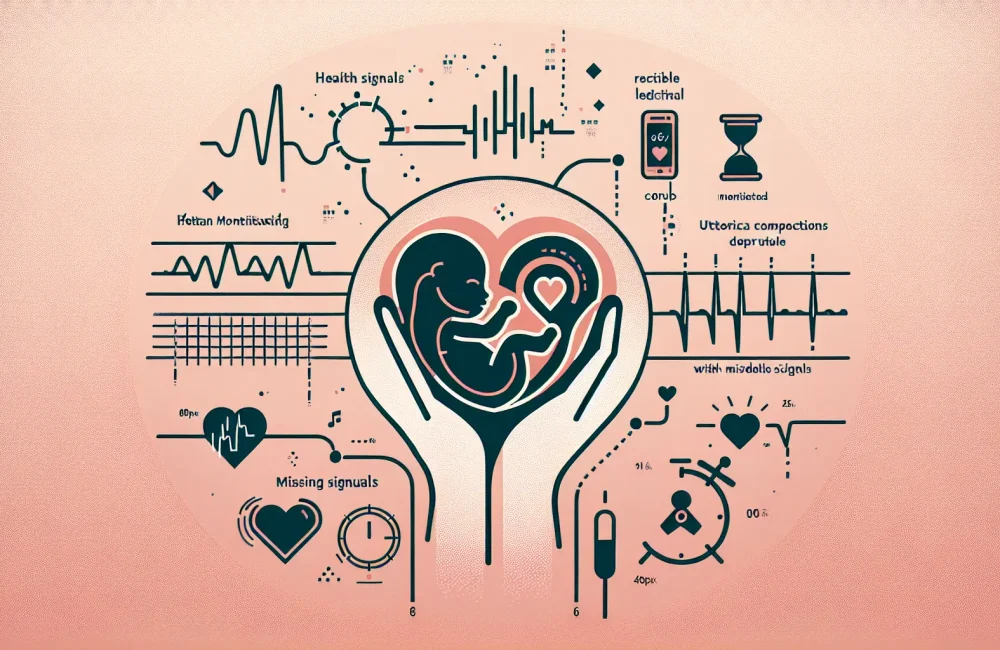By CAFMI AI From Journal of General Internal Medicine
Short and Long Sleep Linked to Hypertension Risk
Recent evidence from 15 cohort studies involving over 120,000 participants highlights a clear association between sleep duration and the risk of developing hypertension. Both sleeping less than 6 hours and more than 9 hours per night were found to increase the risk of hypertension, compared to the recommended 7 to 8 hours of sleep. Specifically, short sleep duration was associated with a 25% higher risk of developing hypertension, whereas prolonged sleep increased risk by about 12%. These findings underscore sleep duration as a critical, modifiable factor in reducing hypertension risk and improving cardiovascular health.
Dose-Response Relationship and Variability
The analysis revealed a nonlinear dose-response relationship where both ends of the sleep duration spectrum negatively affected hypertension risk. While the increased risk was more consistent and pronounced with short sleep, prolonged sleep showed more variability across studies. This suggests that while very short sleep duration is a strong risk factor, the effects of long sleep might be influenced by other health conditions or confounding factors. This nuanced understanding is important for clinicians when assessing patient risk profiles and tailoring advice on sleep hygiene.
Clinical Implications for Primary Care
For primary care physicians, these findings reinforce the need to integrate sleep assessment into routine patient evaluations, especially for those at risk of hypertension or cardiovascular disease. Encouraging patients to maintain optimal sleep duration—ideally between 7 and 8 hours—could become a practical strategy in hypertension prevention and management. Although further research is necessary to unravel the underlying mechanisms and test interventions, addressing sleep habits offers a simple, yet potentially impactful approach to reducing hypertension burden in clinical practice.
Read The Original Publication Here






